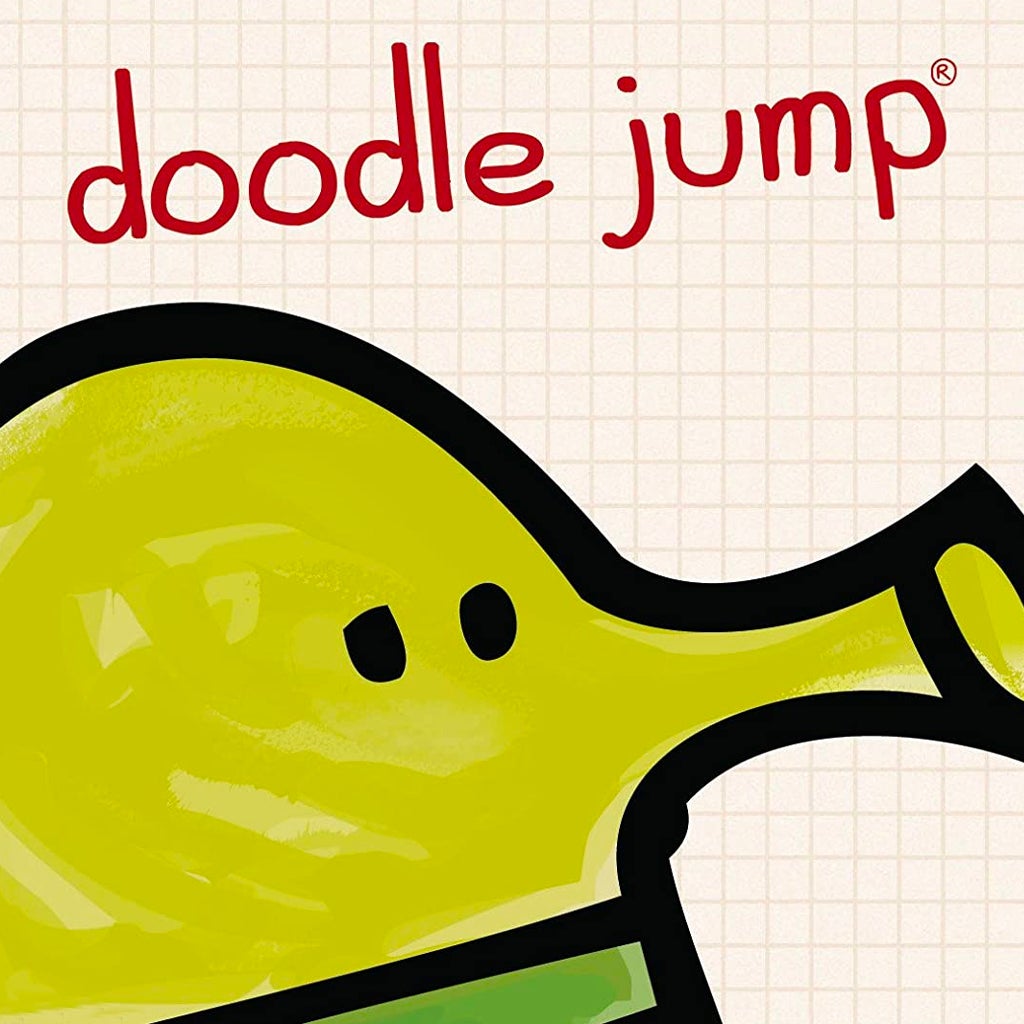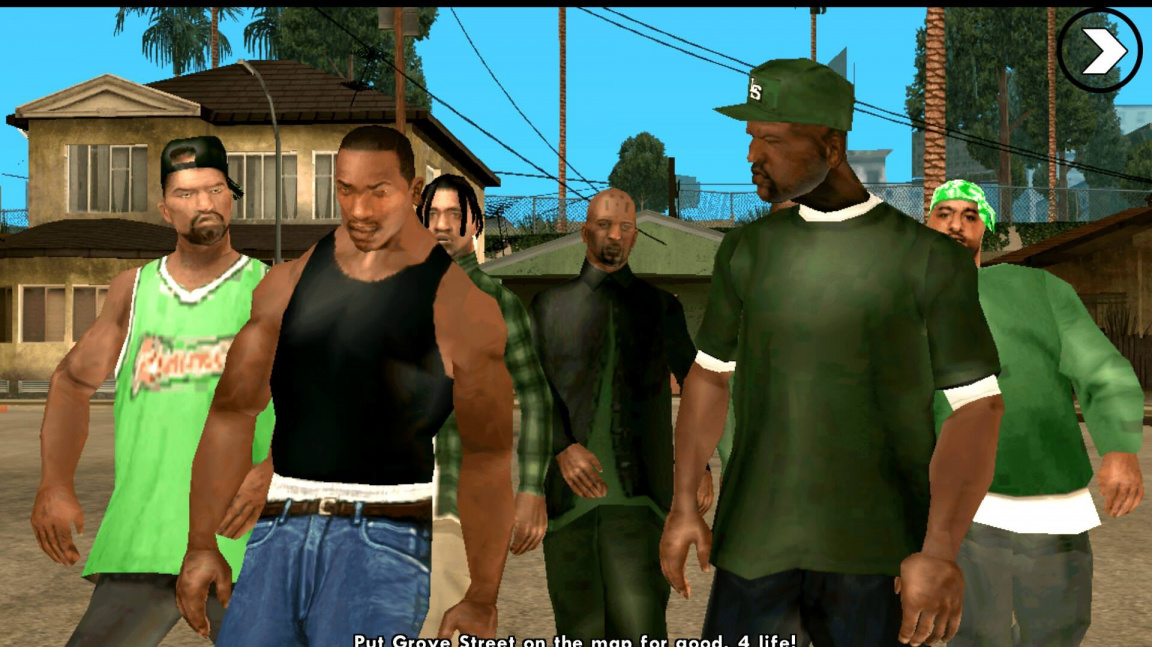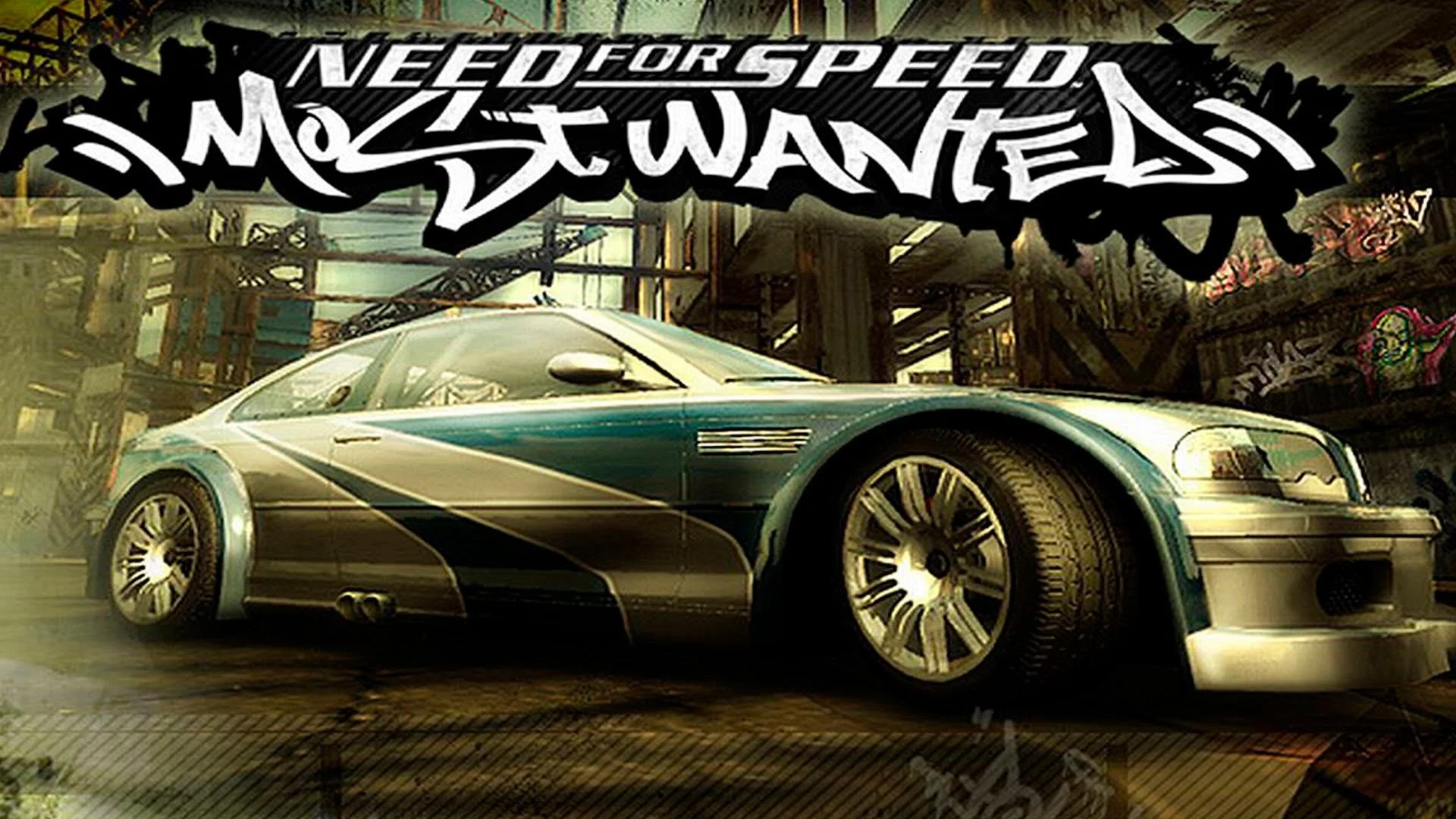
Video games used to be seen as an escape—pixelated playgrounds where we could jump over lava pits, shoot zombies, or train fire-breathing dragons with zero consequences. But in 2025, even your favorite fantasy world can’t fully outrun the real one. Whether it’s global trade policies raising hardware prices or storylines echoing modern conflicts, the political is becoming personal—and increasingly, playable.
Politics on the Map, Literally
But it’s not just pricing. The content of games themselves is increasingly shaped by, or reacting to, political realities.
Games like Papers, Please, This War of Mine, or Six Days in Fallujah wear their politics on their sleeves, offering brutally honest looks at borders, war, and civilian life. But even titles you wouldn’t expect—like Call of Duty, Far Cry, or Cyberpunk 2077—feature narratives that parallel real-world issues: surveillance states, resource wars, and corporate power.
In some cases, these themes aren’t intentional. Remember when players in Animal Crossing: New Horizons staged digital protests and political rallies? Nintendo didn’t plan that—but gamers did. Suddenly, your cute little island was a platform for resistance, and Tom Nook was watching from the shadows.
Game devs are increasingly aware that they’re not just making entertainment—they’re creating interactive environments that can influence thought and provoke dialogue. Some embrace this. Others, wary of backlash or bans, tiptoe around it.
Chinese regulations, for example, have led developers to alter or censor content to ensure their games can be sold in that massive market. Meanwhile, indie studios often lean into political storytelling as a way to distinguish themselves from the blockbusters. It’s a tricky line to walk: speak your truth and risk bans—or say nothing and risk irrelevance.
Final Thoughts
In 2025, it’s clearer than ever: games aren’t separate from the world—they’re a reflection of it. Whether it’s tariffs changing your upgrade timeline, or storylines mirroring global headlines, gaming is no longer apolitical (if it ever was).
And maybe that’s not a bad thing. Maybe the most powerful games are the ones that make us think after we set the controller down.








Leave a Reply